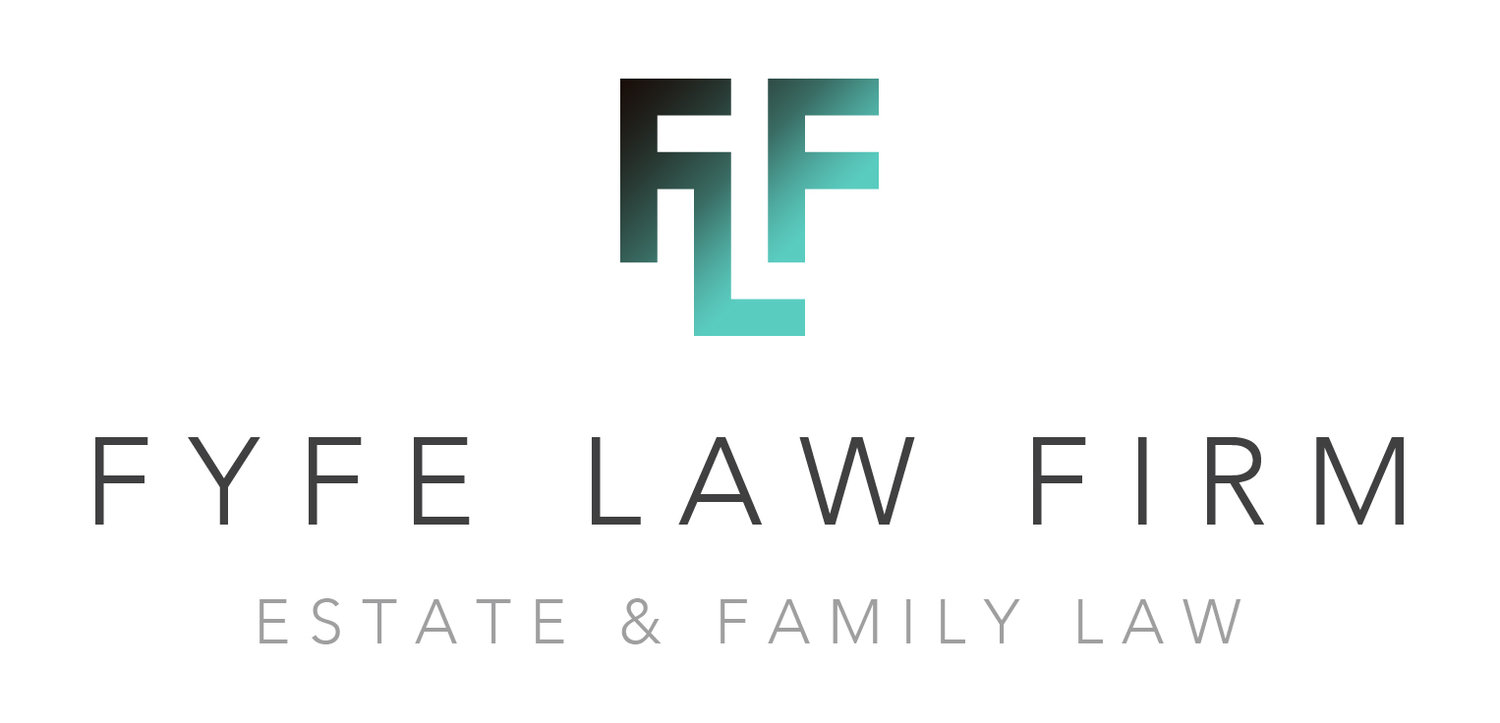Don't go through it alone.
Divorce (Dissolution of Marriage)
A divorce, otherwise known as a Dissolution of Marriage, can be filed by a married person to end a marital relationship. Along with restoring the parties to single status, the court can also issue orders for custody and visitation of the minor children, child support, spousal support, and confirm or divide community and separate property assets and debts.
Legal Separation
A Legal Separation can be filed by a married person who wishes to maintain the marital status, but who wishes to resolve all other issues of the marriage. The court will issue orders for custody and visitation of the minor children, child support, spousal support, and confirm or divide community and separate property assets and debts.
Dividing Assets
A common issue in divorce is how to split up the assets that have been acquired during the marriage.
The property, asset, and debt aspect of a divorce is often very complex. Therefore, It is important to speak with an attorney before you file paperwork with the court.
Below is some common family law terminology to acquaint yourself with:
Community Property: California is a community property state. Thus, spouses share equally in what was acquired from the date of marriage to the date of separation, including assets and debts.
Separate Property: This property does not need to be divided equally between spouses. This includes anything acquired prior to the date of marriage, anything that was inherited or received as a gift (even during marriage), and anything acquired after the date of separation.
Date of Separation: This is the date when spouses decided to terminate the marriage. It is an important date because it marks the end of when property is characterized as community property. Often the date of separation can be subjective and open for debate.
Making it even more complex, a spouse can potentially change a separate asset into a community asset by combining—or “commingling”—separate property with community property. Many kinds of assets can be part community and partially separate. This is often the case with retirement accounts that one spouse contributed to both before and after the marriage, or a business one spouse started before marriage and remains operating after marriage. Spouses can divide assets either by assigning certain items to each spouse, by allowing one spouse to “buy out” the other’s share of an asset, or by selling assets and dividing the value. These are just examples of the complex issues that can be presented in a divorce.
Fyfe Law Firm is prepared to represent your best interests in a divorce or separation. Feel free to contact us to discuss your concerns further. Send us a message by filling out the form below.


